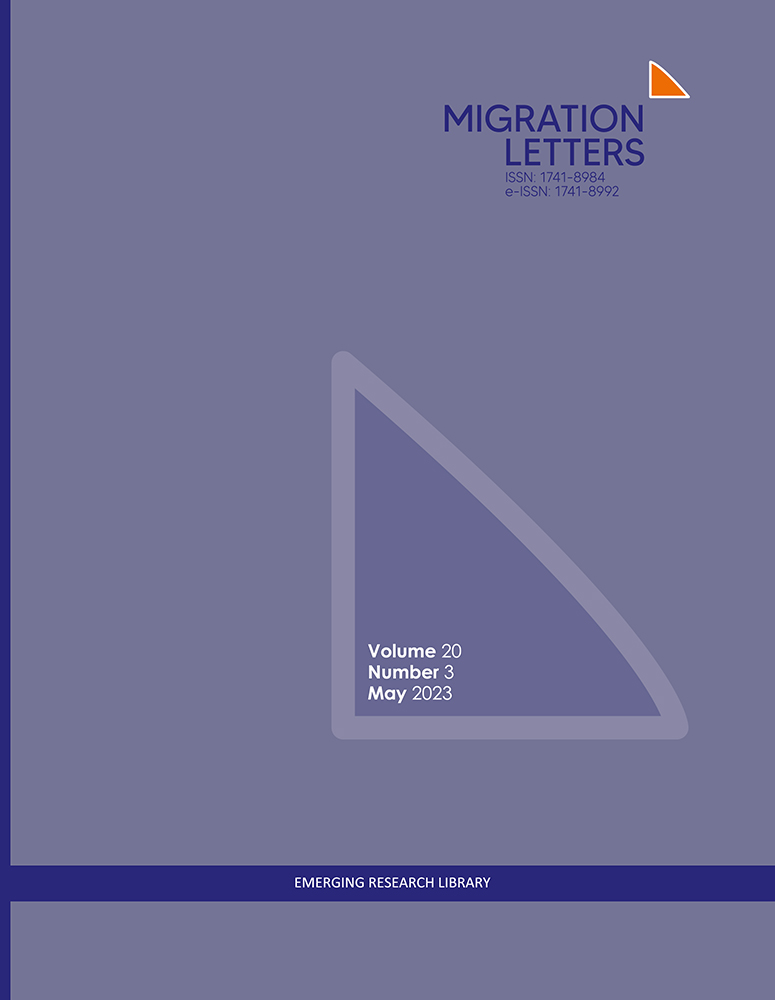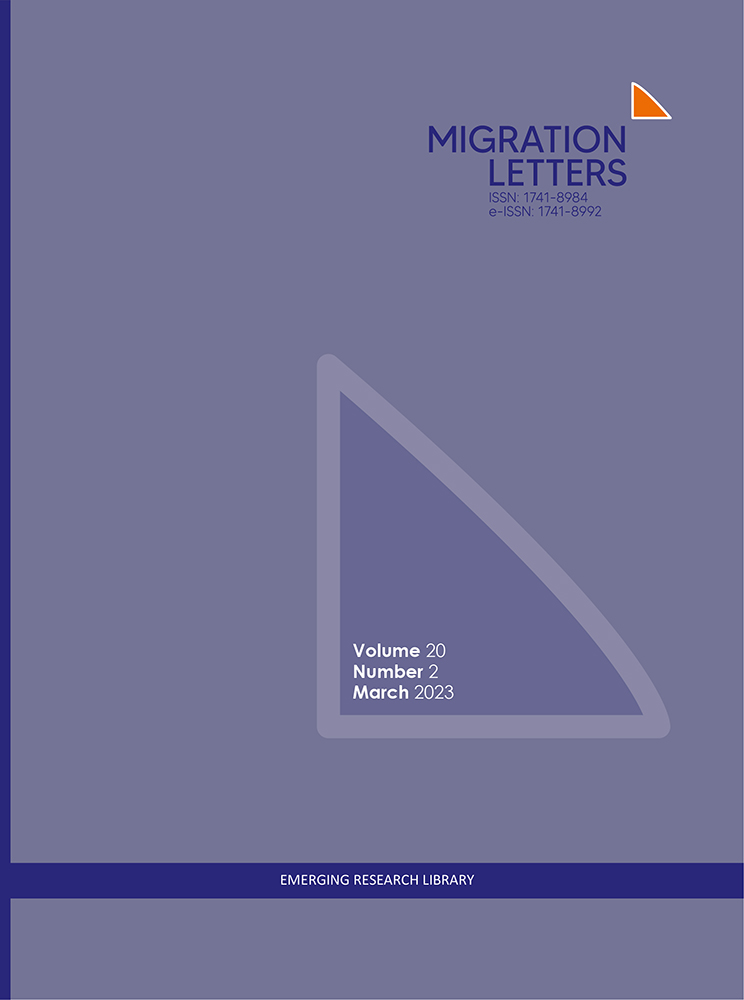
Recent Immigration from the Republic of Moldova and Arab Countries to Romania. A Stakeholders’ Perspective on Local Integration
Recent Immigration from the Republic of Moldova and Arab Countries to Romania. A Stakeholders’ Perspective on Local Integration
Keywords: Migration; stakeholders; asylum seekers; local integration;
Romania, a net emigration country, has witnessed a significant increase in immigration over the last decade. The objective of this paper is to highlight the facilitators and barriers to local integration faced by recent immigrants to Romania, as expressed by relevant stakeholders. Their often neglected views hold particular relevance for improving the well-being and integration of migrants in Romania. We focus on young immigrants from the Republic of Moldova and from Arab countries, relying on the data from 13 interviews conducted in 2021 with various stakeholders. The results of the paper reveal different integration mechanisms for the two groups. Some barriers are similar, being mainly related to document validation and lack of family support. Other factors act differently for the two groups of migrants. For Moldovan youth, language and cultural familiarity facilitate their access to the labour market and education, whereas asylum seekers from Arab countries need longer for achieving local integration.
More...
